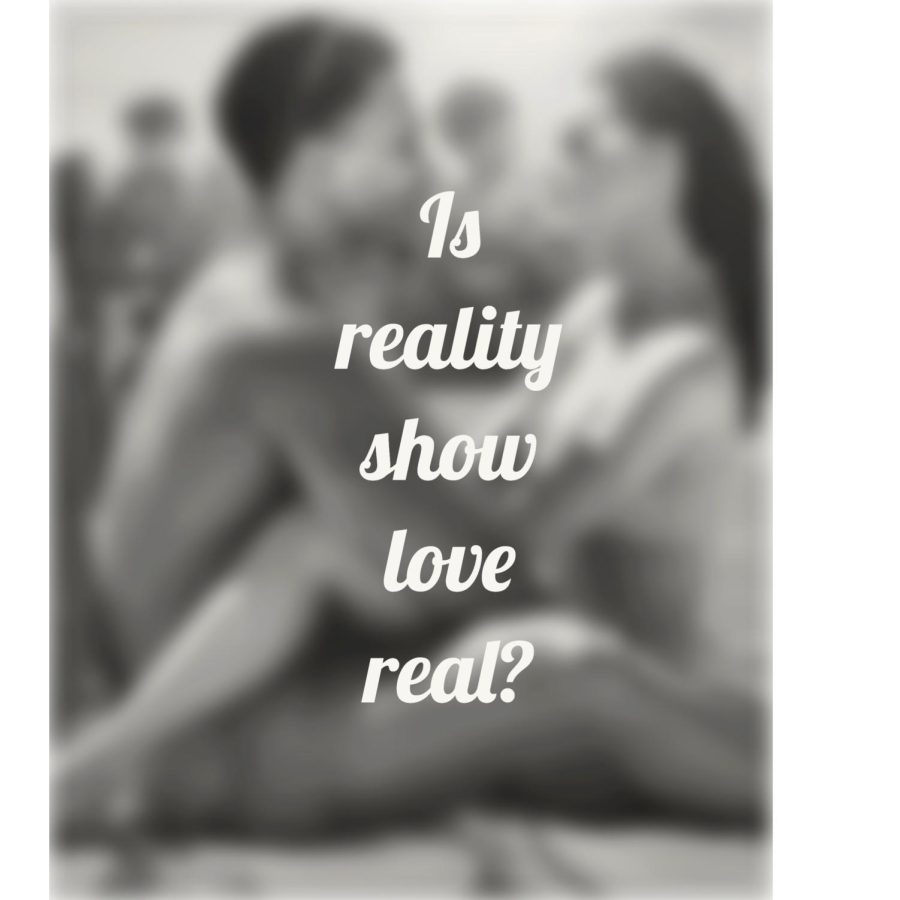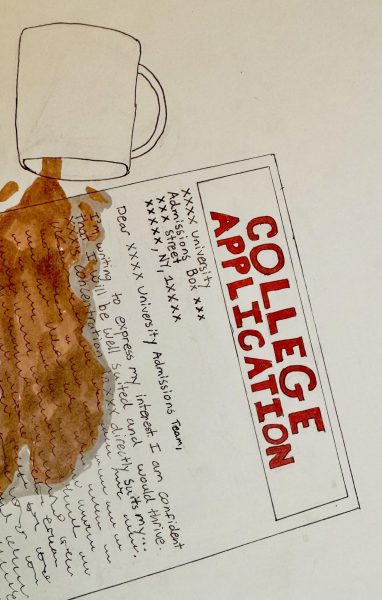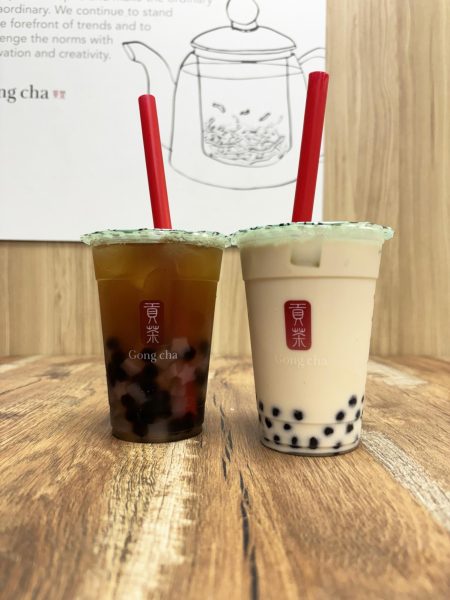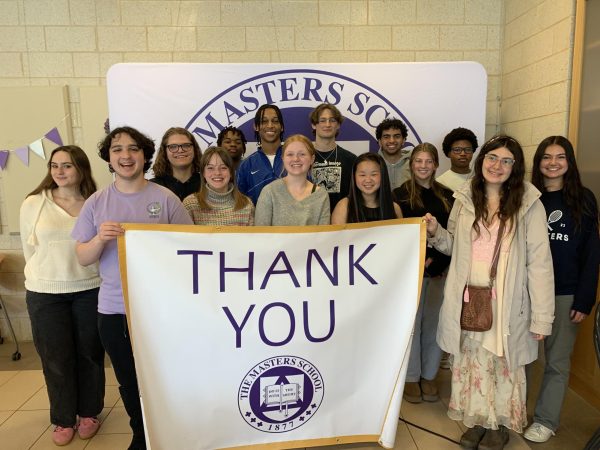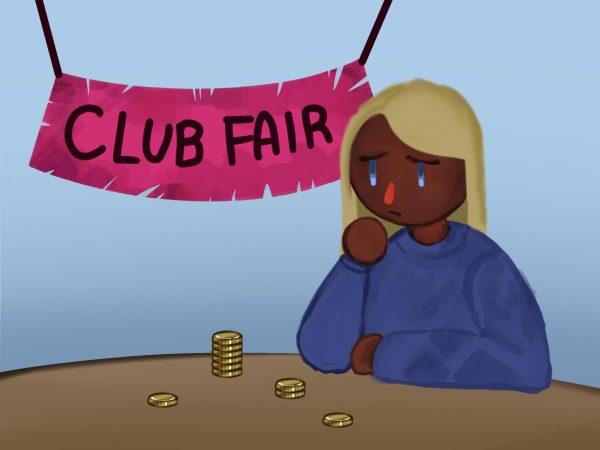How much is reality and how much is a show?
Aurora Rose Horn argues that reality TV shows aren’t real and are actually staged for dramatic purposes.
March 6, 2023
Reality shows are extremely popular: 52% of American adults watch at least one hour of reality TV in an average week. When it comes to reality TV, my opinion of it has shifted a lot from what it used to be: I used to think it felt too good to be true. Take for example Love Island, in which hot singles live together in a tropical island villa and go on dates with each other. While watching Love Island for the first time, it felt really staged to me. But when I watched the show some more, I saw that it wasn’t all fake. The emotions– from love connections shared between contestants to tears shed during the meeting the parents scenes– appeared genuine to me. There are couples like Molly-Mae Hague and Tommy Fury, who stayed together for 3 years after their season ended.
Another show to take into account is Dating Naked, which is exactly what it sounds like: the men and women on the show go on dates while completely nude in order to avoid preconceived notions based on clothes.
The first episode of this show centers around Joe and the unfortunately nicknamed Wee Wee (no, I am not making this up). Joe and Wee Wee ended up together by the end of the episode, and even after their episode they stayed together: in an article for Women’s Health Magazine, Wee Wee said, “Since the show, our relationship has continued to blossom and grow. We don’t go a single day without talking and often talk at least three times a day. Joe and I have a big age gap (I’m 36 and he’s 24), but I think that’s what makes it so interesting. He brings out the girly, fun side of me, and I give him a sense of comfort and maturity. It’s a great balance, and we definitely have a unique and special relationship.”
A counter-example, though it’s a favorite show of mine, is Netflix’s The Circle, which is essentially a popularity contest. The goal is to become the most popular player, and all the interactions are had without anyone seeing another player in the flesh. Most of the connections made are strategic, and some people even play as “catfish”, or people who are not themselves. All in all, you have to lie in order to come out on top; it’s part of the foundation of the game.
Greg Lesser, a history teacher who taught the WinterMission class on reality TV, said of reality shows, “I always wonder how much of a role producers play in setting things up.” Lesser does not watch dating shows– the reality shows he prefers to watch are competition shows such as Survivor, The Challenge and Top Chef– yet he is still wary of some elements of reality TV being staged. Lesser even cited a specific example: in Love Is Blind, a dating show on Netflix, one of the people put in eyedrops to make it look like he was crying.
I would say that the connections made in reality TV shows are real, but only to a limited extent. As the phrase would suggest, it is reality – but also a show. My advice to you is not to avoid these shows altogether; I’m guilty of watching them myself, since for me, they’re very entertaining. If you do watch these shows, though, I suggest you take them with a grain of salt: dating shows are not always an accurate representation of what love is.



